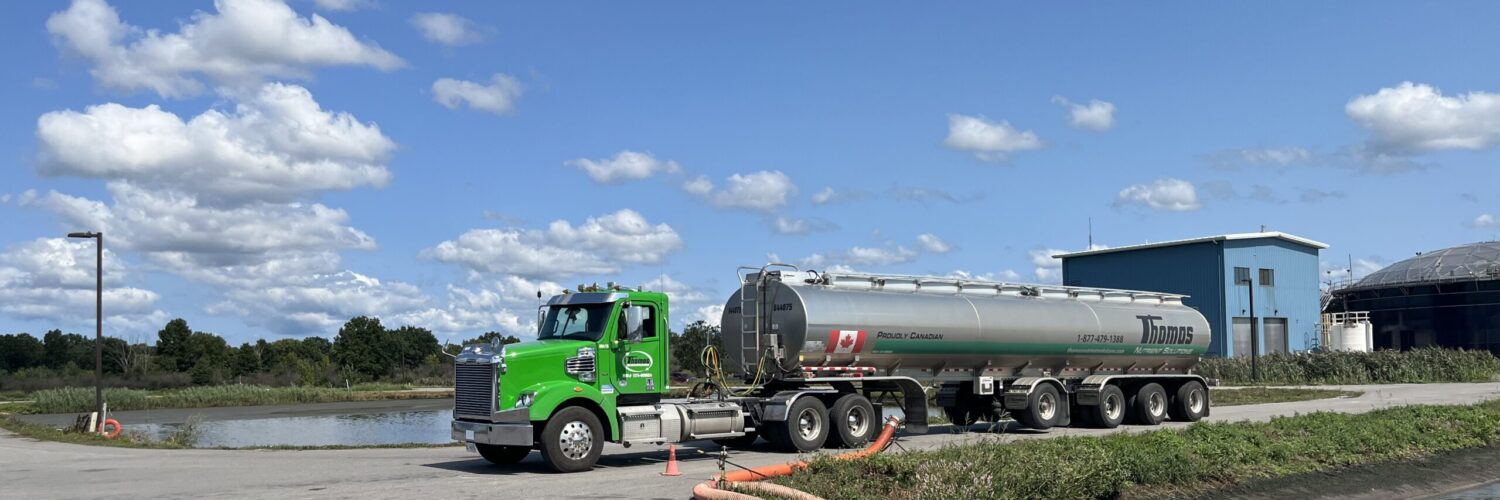Environmental Benefits of Biogas in Combating Climate Change
There are several benefits of biogas that can help Canadians protect the environment and mitigate climate change. It is a critical resource with many uses, from generating renewable energy, reducing solid wastes, managing nutrients, reducing greenhouse gases (GHG) to mitigating pollution risks. Greenhouse gases have always been a concern because of its contribution to climate […]

